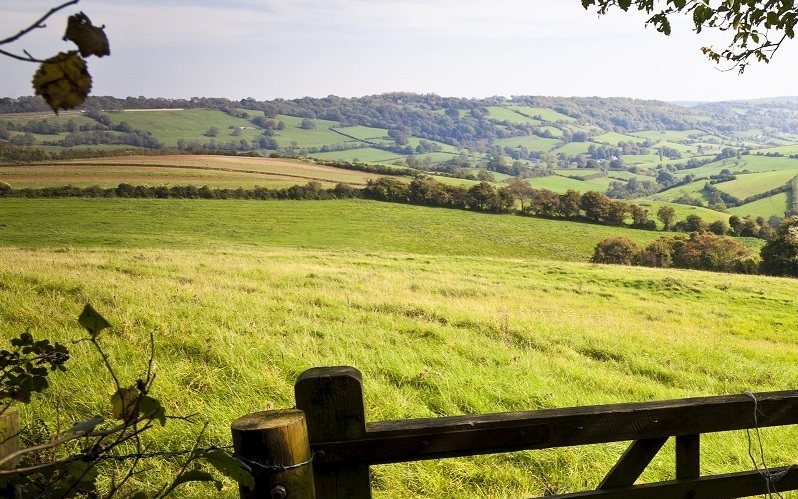
Financial experts have called 2023 a 'pivot year' for farmers as BPS reduces by 35% and then by 50% next year compared to 2020 rates.
In its third year, England’s agricultural transition becomes a fact on the farm in 2023, the last year that Basic Payment will be linked to having land or farming.
Delinking has made entitlements valueless since mid-May and sees cross-compliance end with this year.
The Central Association of Agricultural Valuers (CAAV) dubbed 2023 the 'pivot year' because of the changes.
The money taken from the payments will be used to fund the much wider range of new environmental and productivity schemes being offered this year and next, ahead of future regulations demanding change.
While some farmers may shun environmental schemes, CAAV said the new demanding environmental targets may lead them to think again.
The group's secretary, Jeremy Moody said: “With this August’s half year payment, English farmers will have had over half the BPS they’re going to get in the entire transition period to 2027.
"Combined with changing markets, prices and input costs, this is the point when people will start to feel the economic effects of these changes on their businesses and should be adapting in response.
"While the position for individual businesses varies widely, overall, in 2020 only a 10% movement in yield or price had the same financial effect as a 50% change in subsidy.
"Next year, such a change in farming performance will be worth more than the whole subsidy in England."
Farmers should 'look pragmatically' at the new environmental schemes as business options, with their costs and requirement for change, judging them on their merits for the farm.
Mr Moody said they were not a new form of BPS, but were offered to buy environmental management, adding "Defra doesn’t expect every farmer to take them but some, including those for soils, will also help farming performance and resilience.”
Farmers should also be aware of Defra’s environmental targets set in December under the Environment Act, with the targets set to be 'demanding'.
Mr Moody added: “I don’t think people have appreciated how demanding, and how they will drive policy.
"We are to stop the decline in species abundance by 2030. That’s challenging. And we’ve got to reduce the volume of nitrogen, phosphorus, and sediment by 40% by 2038.
“We’re also seeing the unfolding of new schemes, using quite a lot of money to encourage farmers to do the right thing now,” he explained.
“But as environmental target deadlines get nearer, be prepared to see stick as well as carrot - regulation as well as aid.
"A way to look at current schemes is that farmers are being offered ways to help them do things they may later be forced to do without financial support.”
